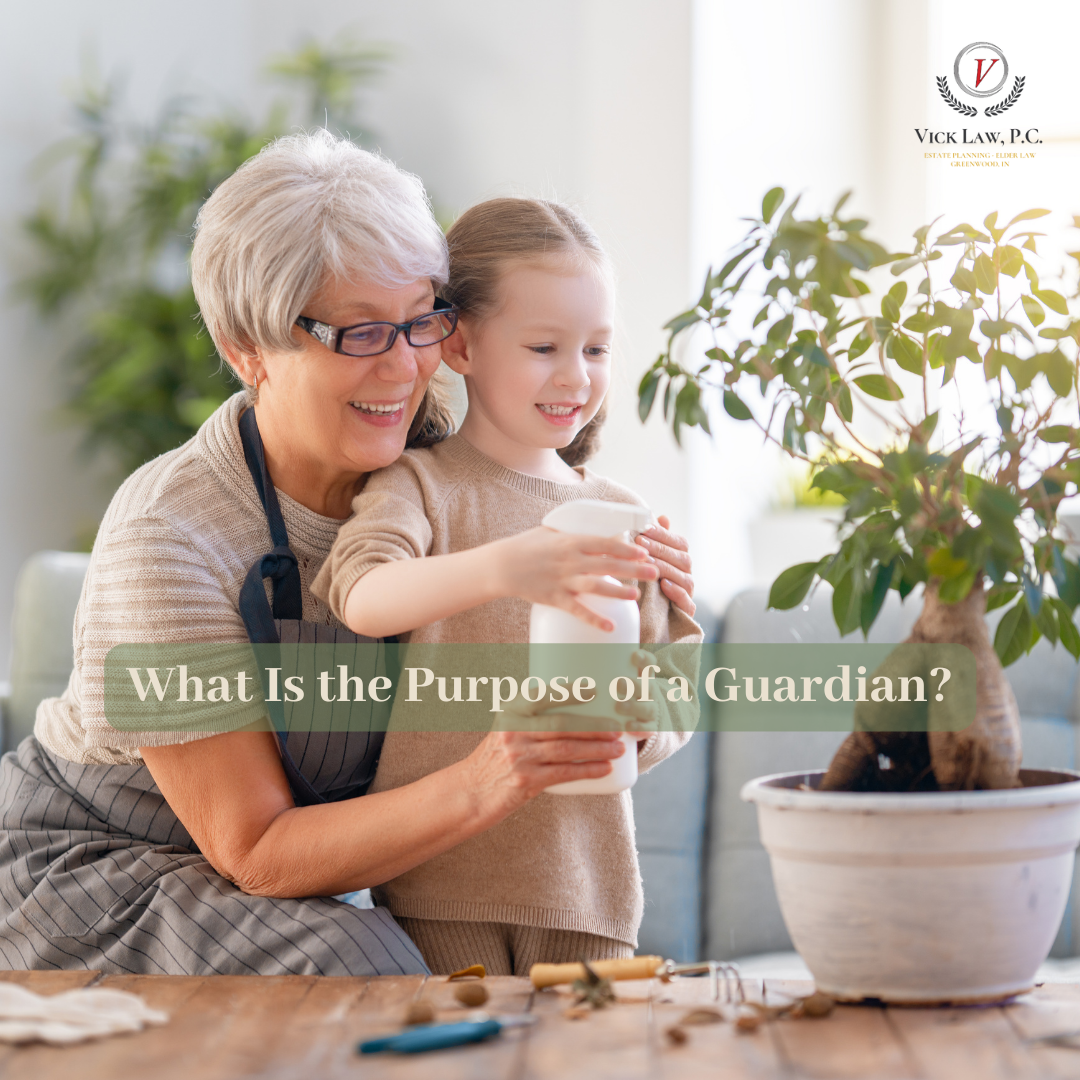When you’re nearing retirement or enjoying your golden years, you need a will to distribute your worldly possessions and wealth accumulated during your lifetime. However, you also need a will when you’re in the parenting phase of life, according to a recent article “Why parents need a will to establish legal guardianship” from Wausau Pilot & Review. The future of your children depends upon your having a will and other legal documents in place.
As parents, you have the opportunity to name the person who will be your children’s guardian, in the event both parents die. Your will can also include information regarding who they should live with, who will be in charge of any funds they will inherit, and who will raise them. It’s not a pleasant thought, but without a will to name a guardian, children are at risk.
What Happens if I Don't Name a Guardian?
Naming the guardian can avoid your children being placed in temporary foster care until a judge decides who should raise them. Being with a trusted family member or friend during a catastrophic time in their lives would be far better than being cared for by people they don’t know, no matter how well-meaning they may be.
If one of the parents survives the other, the custody and care of the children generally remains with the surviving parent. However, if the children are under age 18 and both parents die, they need a legal guardian.
In most cases, the court will honor a deceased parent’s request for the person named in the will, unless it is determined this person may not be the best person to serve as guardian. The guardianship becomes legal with a court appointment after a court hearing, although laws and procedures do vary from state to state.
What to Look for in a Guardian
Be careful when choosing a guardian. Make sure that the person is ready and able to serve. There is no obligation for someone to accept the appointment, so evaluate your choice carefully. Like your estate plan, this is not a one-and-done appointment. It should be reviewed every few years, as your children grow and their needs change.
Consider these questions when figuring out who would be the best guardian:
- Does the person share your belief system in education or religion?
- Can the person raise your child until they reach legal age? Parents are often the first person we think of, but is a 68-year old grandparent with health issues capable of serving in this role, especially if the child is a toddler?
- Does the person live nearby, or will your children need to change schools, lose friends and leave the family home?
Guardianship needs to be integrated into the rest of your estate plan. For instance, if you have a life insurance policy, is the designated beneficiary your child? A minor cannot inherit assets, but a trust can. Your estate plan may include a trust to own funds and a trustee to manage them. Will that person be the same as the guardian? There are as many good reasons to divide the roles as there are to keep them separate.
Vick Law, P.C. can help you and your spouse work through the issues based on your unique situation. The peace of mind you’ll feel in knowing your children will be cared for if the worst happens is well worth the time and effort. Book a call with Vick Law, P.C. today to ensure your estate planning documents include a guardian designation.
Reference: Wausau Pilot & Review (Oct. 23, 2022) “Why parents need a will to establish legal guardianship”


